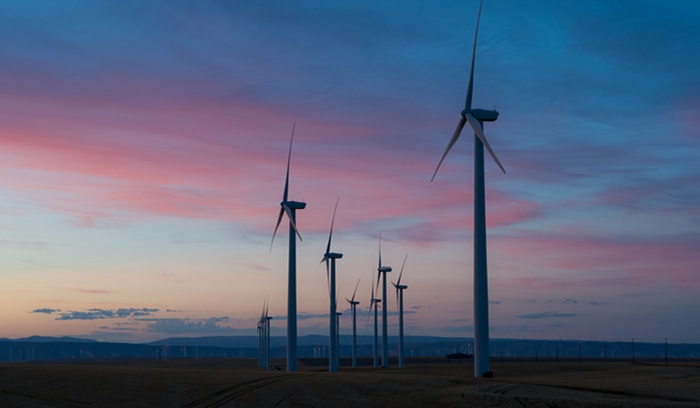Countries reach historic deal to cut shipping emissions
After years of negotiations, the international community has reached a landmark deal to cut greenhouse gas emissions from global shipping, setting mandatory fuel standards and introducing a carbon pricing mechanism. The framework – agreed during a meeting of the U.N. International Maritime Organization – aims for net-zero emissions from the sector by 2050 and will come into force in 2027. It will apply to large ocean-going vessels over 5,000 gross tonnage, which account for 85% of carbon emissions from the marine shipping fleet.










